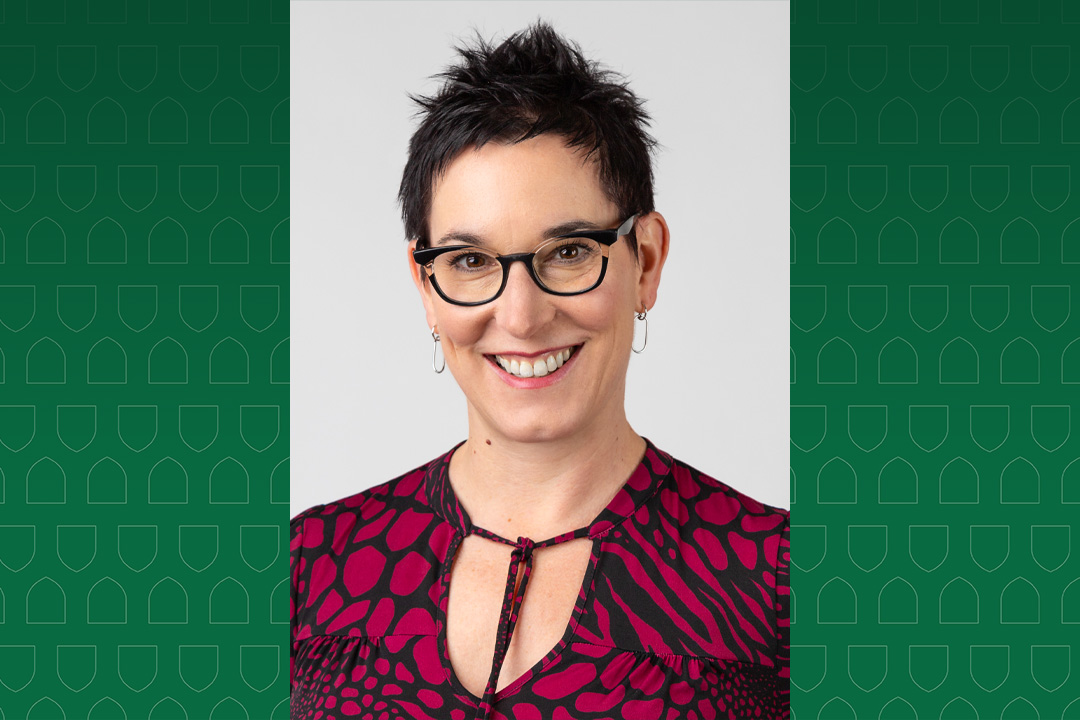
USask research team to establish community-informed program to help smokers quit
A University of Saskatchewan (USask) research team is creating a provincial program framework to help community organizations better implement smoking cessation programs. The community-informed approach aims to streamline and coordinate existing supports for smokers.
By Kristen McEwenDr. Erika Penz (MD), an associate professor in the Division of Respirology, Sleep Medicine and Critical Care, along with Riaz Alvi at the Saskatchewan Cancer Agency, are co-leading a research project called, Advancing Tobacco Control in Saskatchewan: An Integrated Equity-Informed Approach. The project recently received $150,000 in funding from the Saskatchewan Health Research Foundation (SHRF) Solutions grant program.
On average, smoking commercial tobacco can reduce life expectancy by 10 years for an individual with a decades-long regular smoking habit.
“Commercial tobacco is the leading preventable cause of many diseases – lung diseases, heart diseases, stroke, cancer and other chronic diseases,” Penz said. “These diseases are the top reasons why people die in Canada, and smoking remains the number one risk associated with these diseases.”
While smoking rates have declined in Canada over the past 50 years, Saskatchewan has one of the highest smoking rates in the country. In 2020, 14 to 26 per cent of Saskatchewan adults from 18 to 64 years old smoked, compared to the national smoking rate of approximately 15 to 16 per cent in the same age range and time frame.
A number of organizations throughout the province have supports available to help residents stop smoking, though Penz noted those programs are at times inconsistent and “piece-meal.”
Penz’ smoking cessation framework will identify gaps in existing programs, and will be developed with input from community organizations, along with First Nations and Métis partners and stakeholders.
“Together, we’re going to identify where it might be most appropriate to allocate resources and support communities,” she said.
Historically, First Nations and Métis populations have higher smoking rates in Canada. “Colonialism, racism, and a lot of other disparities come from the systemic and institutionalized treatment of these populations,” Penz said. “I think this history has influenced smoking rates in our province and country.”
While Indigenous populations aren’t the only groups impacted by high smoking rates, “the needs and preferences of people impacted most by smoking is critical when designing interventions that are meant to help people who want to quit smoking,” she said.
Simultaneously, Penz is developing a provincial lung cancer screening program with the Saskatchewan Cancer Agency that will be combined with the smoking cessation framework.
“If you’re implementing a lung cancer screening program for a population, then it absolutely must be combined with some type of support services for smoking cessation,” Penz said.
Similar screening and smoking cessation programs in the United States have shown a 20 per cent reduction in deaths associated from lung cancer, Penz said.
“It’s very intentional that we really want to work with partners, people with their own lived experience and have them inform our work and help create programs that actually last and work for people.”
Article re-posted on .
View original article.

